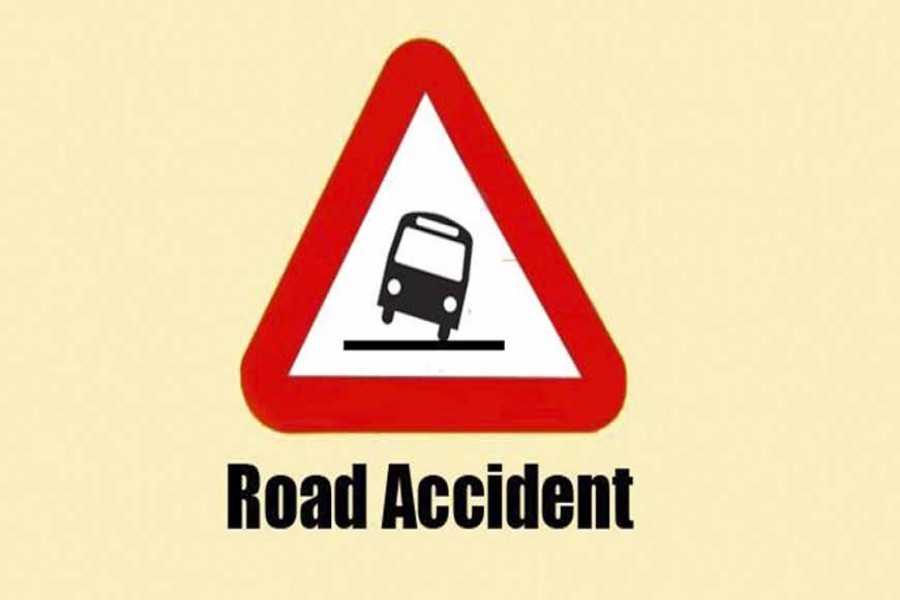On the eve of the National Road Safety Day, the chairman of the Bangladesh Road Transport Authority (BRTA) remarked that his organisation has not enough manpower to make a nation of 170 million people comply with the road safety rules and regulations. What he prescribes then is compliance of rules and laws by all from their respective positions. If they do so, there is no need for enforcement of law. So simplistic!
In fact this year's focus is on minor stake-holders and therefore off target as if to divert attention from the main problem and players in the whole game. This is like preaching for everyone to become an honest, good and law-abiding citizen and expect there will be no scoundrel, corrupt people in government and other services, thief, robber and other criminal elements in society. No, the BRTA chairman has not done this either. He says that there is still need for enforcement of laws against those who violate rules and laws.
Does anyone expect to hear what is so obvious from the top man of the BRTA? Is this naivety or an attempt to shirk responsibility or justify inaction when high incidence of road accidents continues to bleed this country? He claims that the mobile courts led by magistrates operate six days a week, district commissioners (DCs) launch drives against errant transport operators and the traffic police also take punitive measures against violators of traffic rules.
The public are not interested in such a litany, what they like to see is that the roads and highways of the country are safe for journey and people are not crushed under the wheel on a daily basis. Those who are a little more enlightened would like to know what the authorities are doing to bring about systemic improvement. The United Nations has identified a number of global risk factors which are equally applicable for this country. Then there are a few factors special to the local conditions.
All these factors need thorough assessment before actions are taken to minimise those. If the system remains faulty and the antidote itself is dubious, deterrent or punitive actions will produce no result. Rather, if the system is taken care of, things are sure to fall in places. Just one example will suffice, a rickety and ramshackle bus (pictured on the front page of a national daily on the National Road Safety Day, 2022) with its dashboard precariously held by a chain has reportedly its fitness certificate. But how?
In fact, half a million registered but unfit vehicles, according to the BRTA data, run on roads and there are also unregistered vehicles, the fitness of which was never tested. But this is not all, the data also confirm that more than a million unlicensed drivers are driving vehicles.
It is also an open secret that licences are not always issued to drivers after comprehensive tests. Money can buy licences where the licence-holder does not have to undergo the rigorous tests.
Now, who should bear responsibility for such mismanagement, irregularities and corruption? The BRTA has to clean the augean stables first, then ask for responsible behaviour from other stake-holders. If unqualified drivers can find themselves behind the steering wheels of unfit vehicles, it is a sure recipe for accidents. Of the 3.7 million driving licences issued, many have several licences such as for light and heavy vehicles. Thus more than one third of the drivers are unlicensed.
So, the authorities concerned are actually perpetuating the chaos on roads. Their unclean and at times motivated moves do not help the cause of enforcing discipline on the country's roads and highways. If genuine drivers are appointed under a defined recruitment policy and system with reasonable salary and other privileges, the chances of accidents will drastically come down. Then, this has to be complemented by taking the unfit vehicles off the road and those plying will be subjected to regular fitness tests. These simple basic principles can make the roads and highways reasonably safe for commuting and long journeys.


